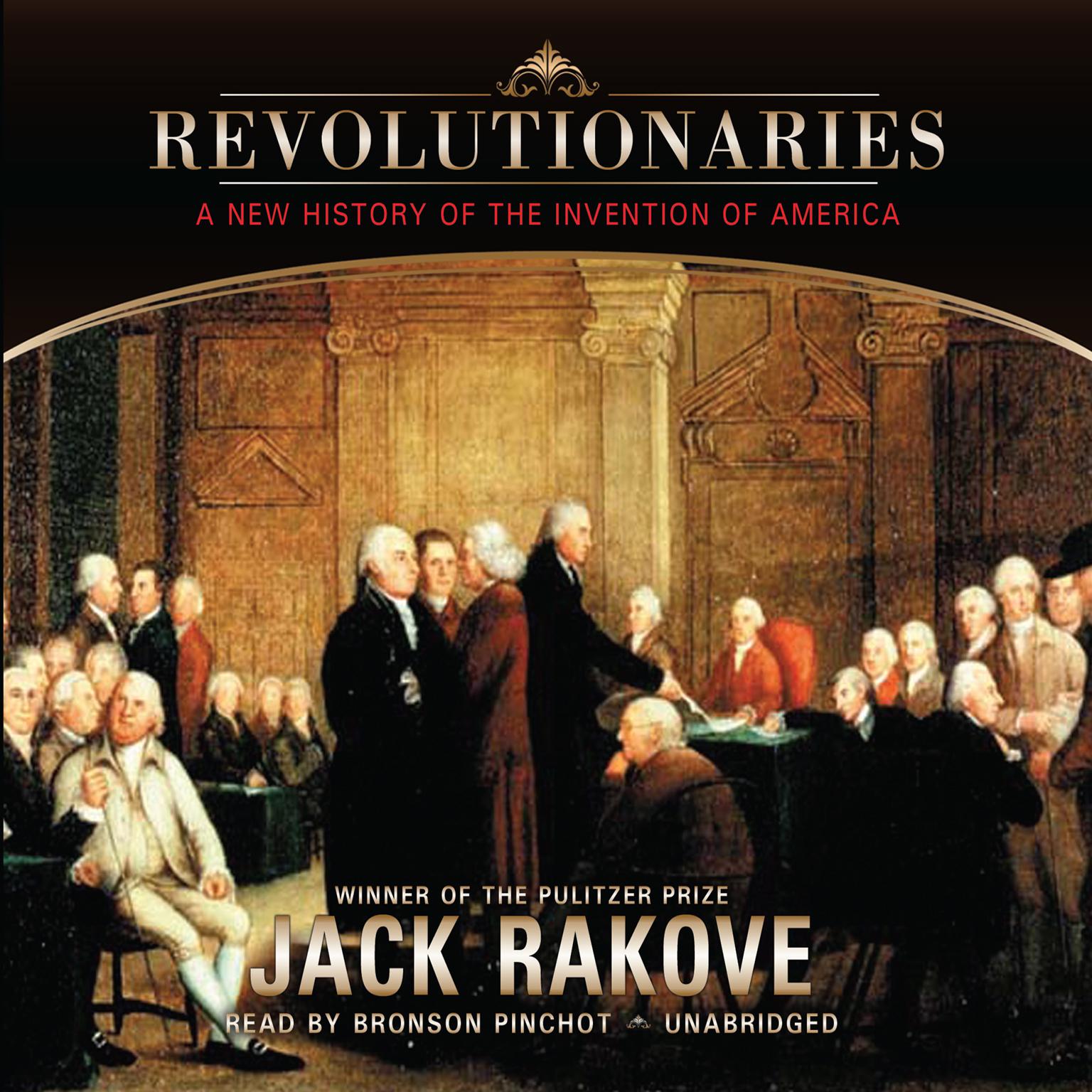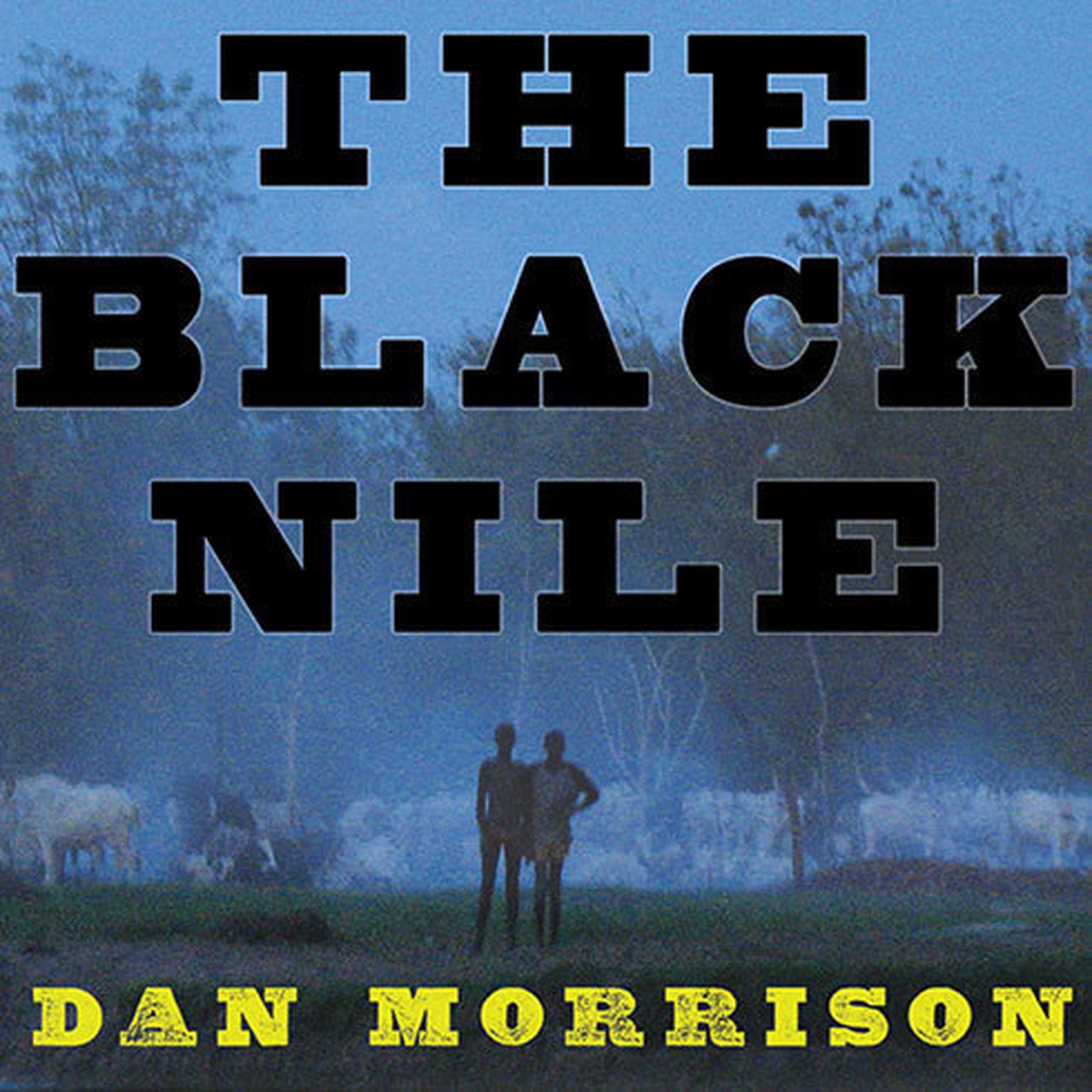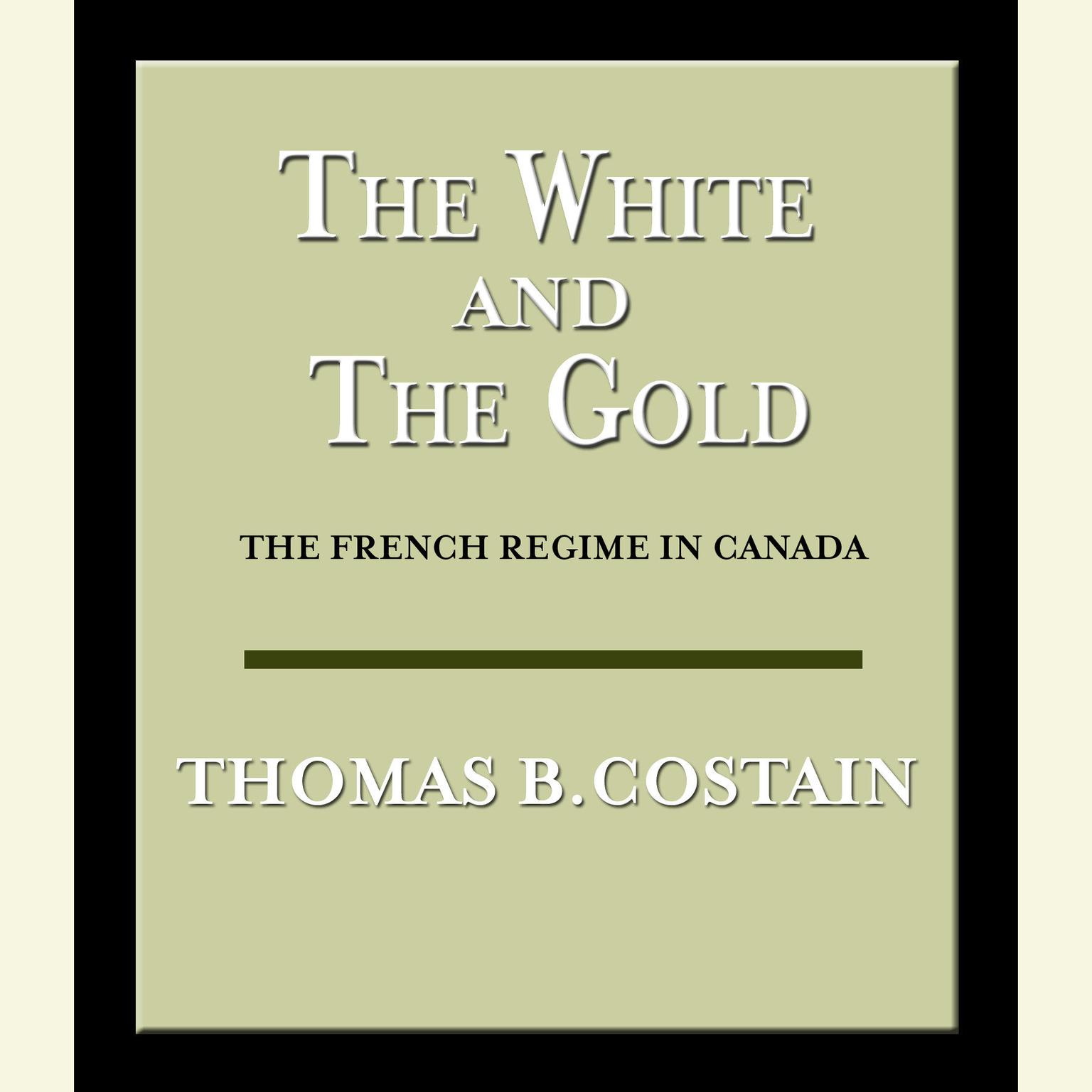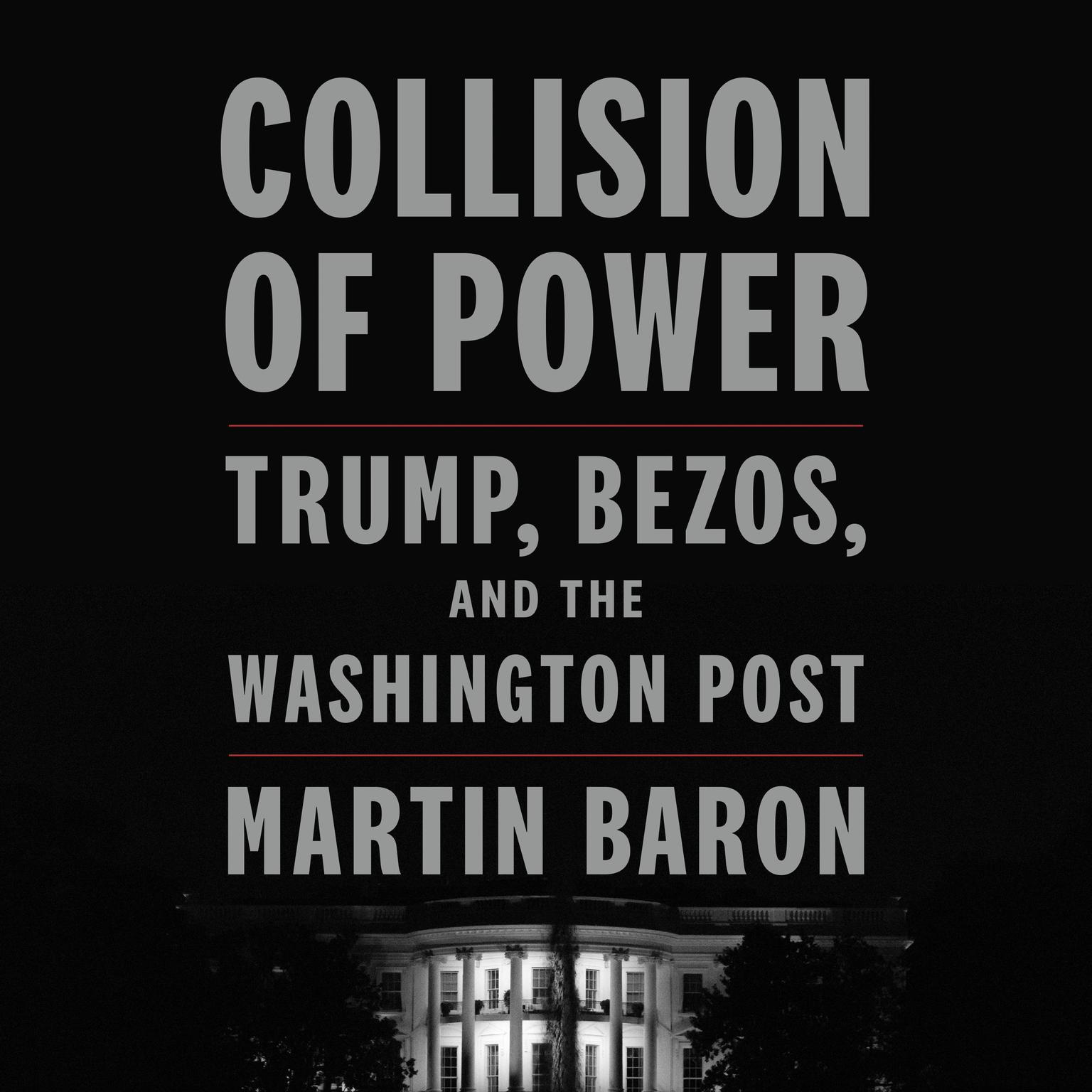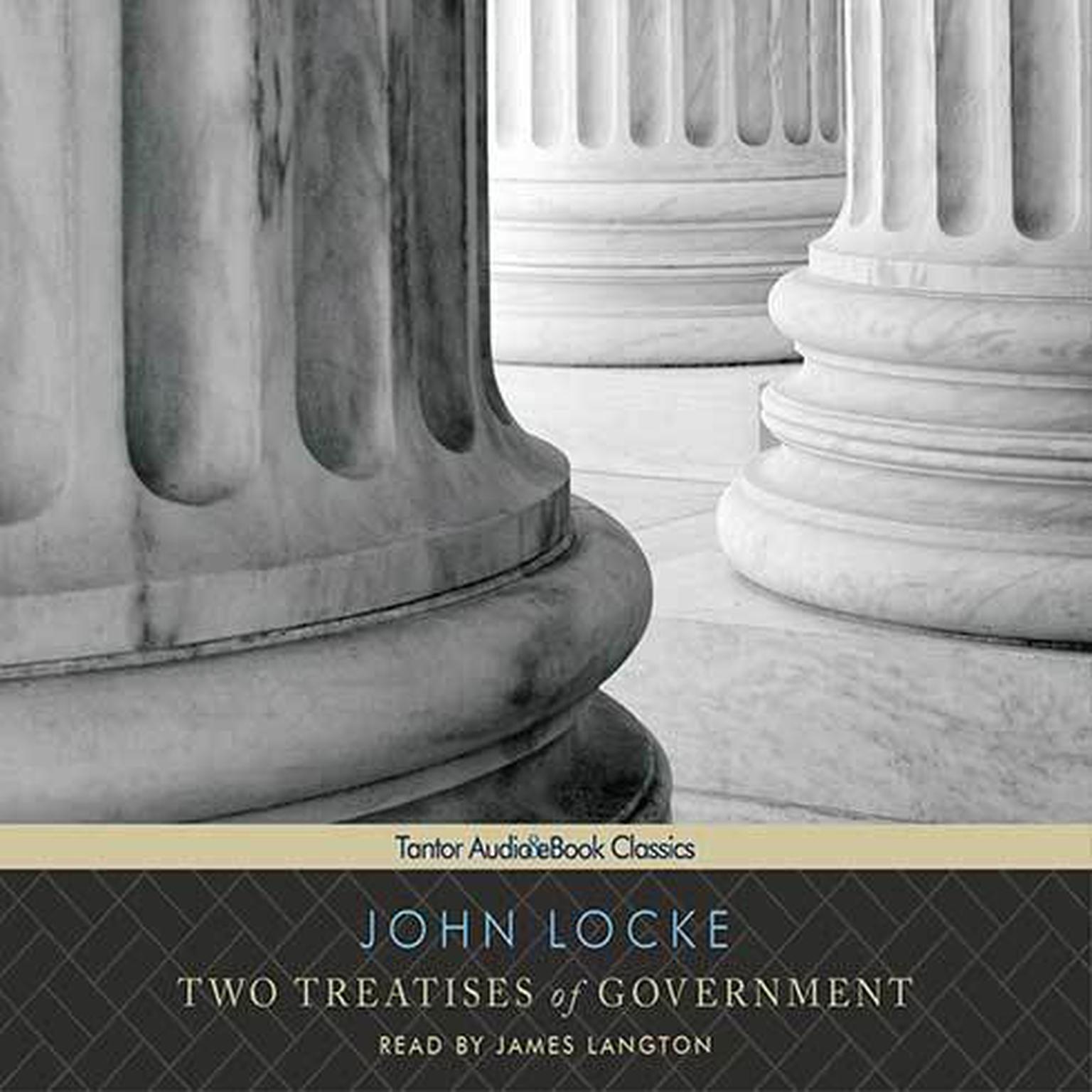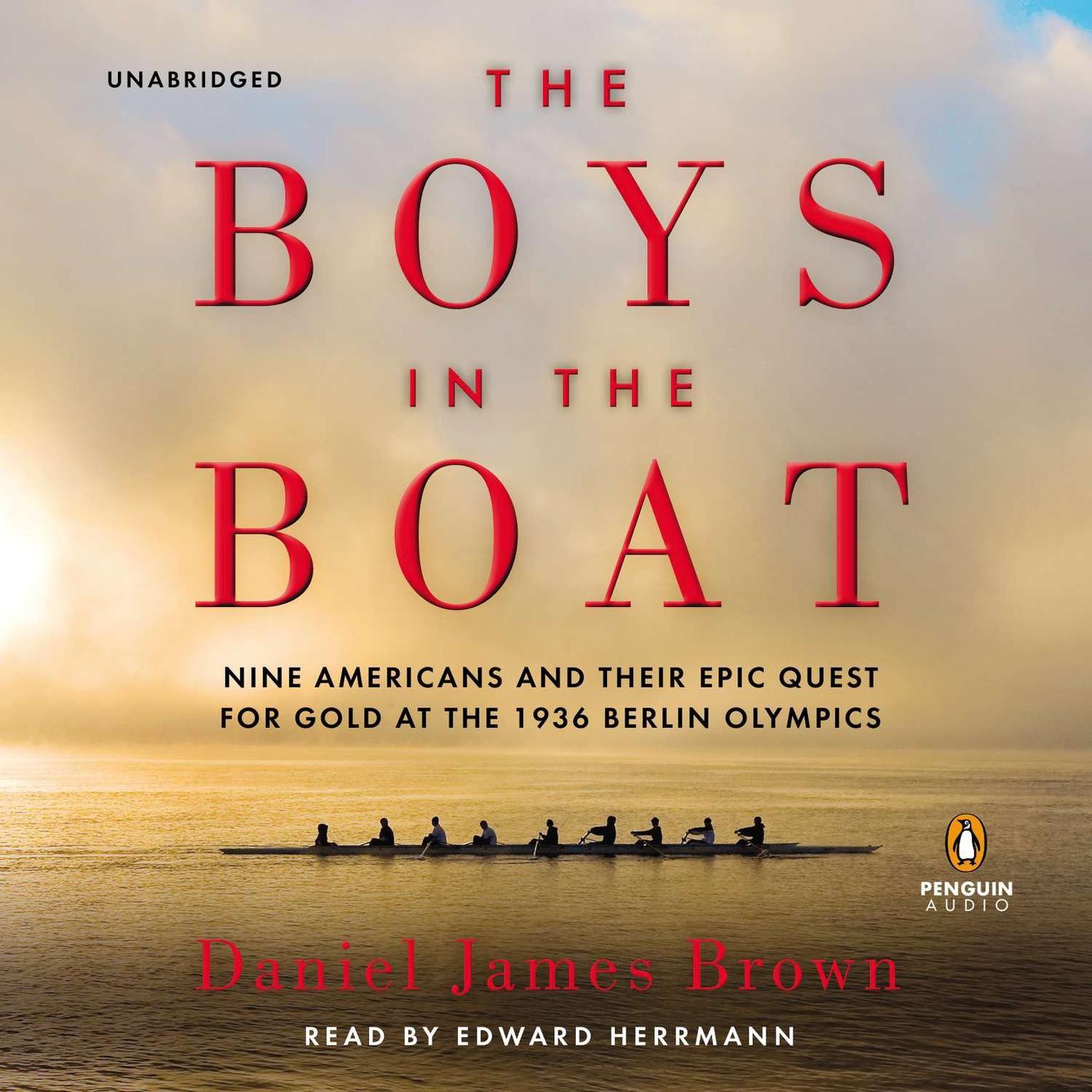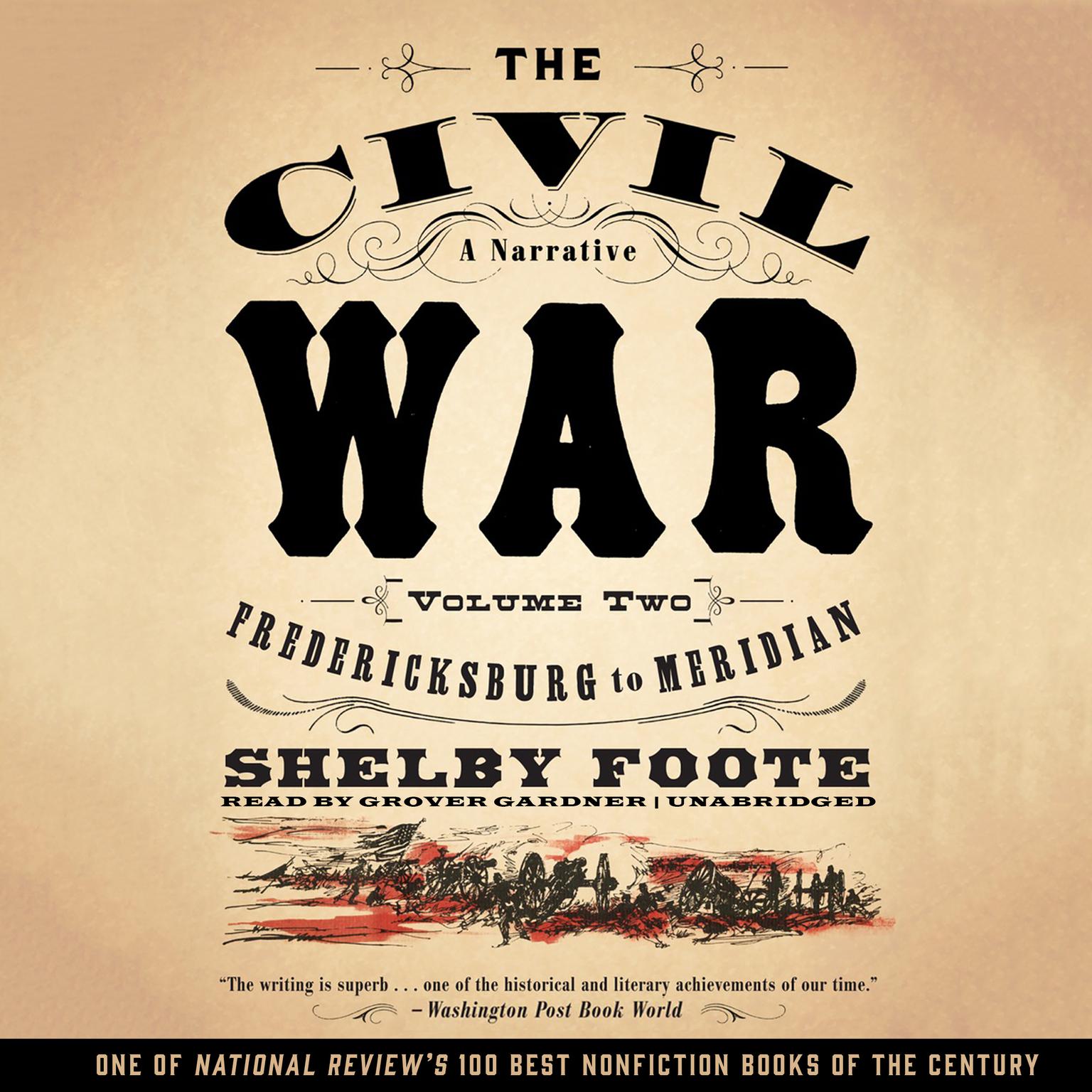Publisher Description
In the early 1770s, the men who invented America were living quiet, provincial lives in the rustic backwaters of the New World, devoted primarily to family, craft, and the private pursuit of wealth and happiness. None set out to become “revolutionary” by ambition, but when events in Boston escalated, they found themselves thrust into a crisis that moved, in a matter of months, from protest to war.
In this remarkable book, historian Jack Rakove shows how the private lives of these men were suddenly transformed into public careers—how Washington became a strategist, Franklin a pioneering cultural diplomat, Madison a sophisticated constitutional thinker, and Hamilton a brilliant policymaker. Rakove shakes off accepted notions of these men as godlike visionaries, focusing instead on the evolution of their ideas and the crystallizing of their purpose. In Revolutionaries, we see the founders before they were fully formed leaders, as individuals whose lives were radically altered by the explosive events of the mid-1770s. They were ordinary men who became extraordinary—a transformation that finally has the literary treatment it deserves.
Spanning the two crucial decades of the country’s birth, from 1773 to 1792, Revolutionaries uses little-known stories of these famous (and not so famous) men to capture—in a way no single biography ever could—the intensely creative period of the republic’s founding. From the Boston Tea Party to the First Continental Congress, from Trenton to Valley Forge, from the ratification of the Constitution to the disputes that led to our two-party system, Rakove explores the competing views of politics, war, diplomacy, and society that shaped our nation.
Thoughtful, clear-minded, and persuasive, Revolutionaries is a majestic blend of narrative and intellectual history, one of those rare books that makes us think afresh about how the country came to be, and why the idea of America endures.
Download and start listening now!
“Brings the personalities of major and not so well-known “founding fathers” into focus as subject to the same drives, concerns, jealousies, etc. that motivate “leaders” today.
”—
Vincarter (4 out of 5 stars)
